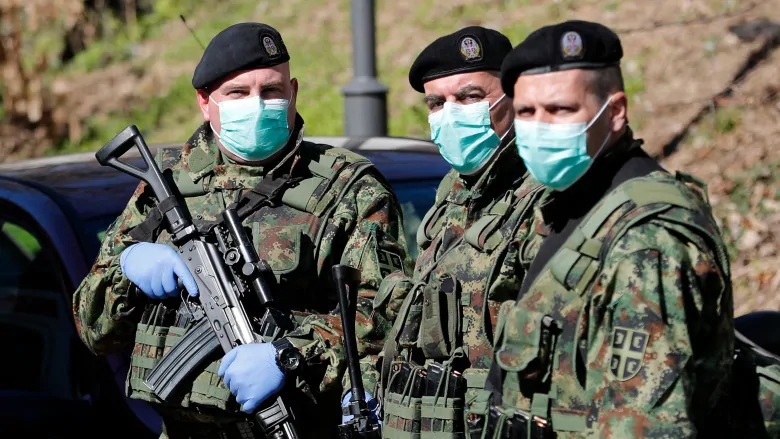The European Union’s top official on Monday proposed a 30-day ban on non-essential travel into the bloc to slow the spread of the novel coronavirus, while insisting on the need to keep the internal borders between the 27 member states as open as possible.

The European Union’s top official on Monday proposed a 30-day ban on non-essential travel into the bloc to slow the spread of the novel coronavirus, while insisting on the need to keep the internal borders between the 27 member states as open as possible.
After the surge of COVID-19 cases in Europe led the Italian government to put the country on lockdown, other countries have implemented drastic measures and travel restrictions, including partially closing their borders.
Speaking after an extraordinary videoconference meeting of the leaders of the G7 countries, European Commission president Ursula von der Leyen said travel restrictions should be in place for an initial period of 30 days, which can be prolonged if necessary.
“The less travel, the more we can contain the virus,” she said.
However, Von der Leyen said long-term residents in the European Union, frontier workers, family members of European Union nationals and diplomats would be exempted from the restrictions.
“Essential staff — such as doctors, nurses, care workers, researchers and experts that help address the coronavirus — should continue to be allowed in the EU,” she said. “People transporting goods are exempted, too.… The flow of goods to the European Union must continue to secure the supply of goods, including essential items such as medicine, but also food and components that our factories need.”
Von der Leyen also urged member states to co-ordinate on a Europe-wide level to ensure goods and essential services continu

